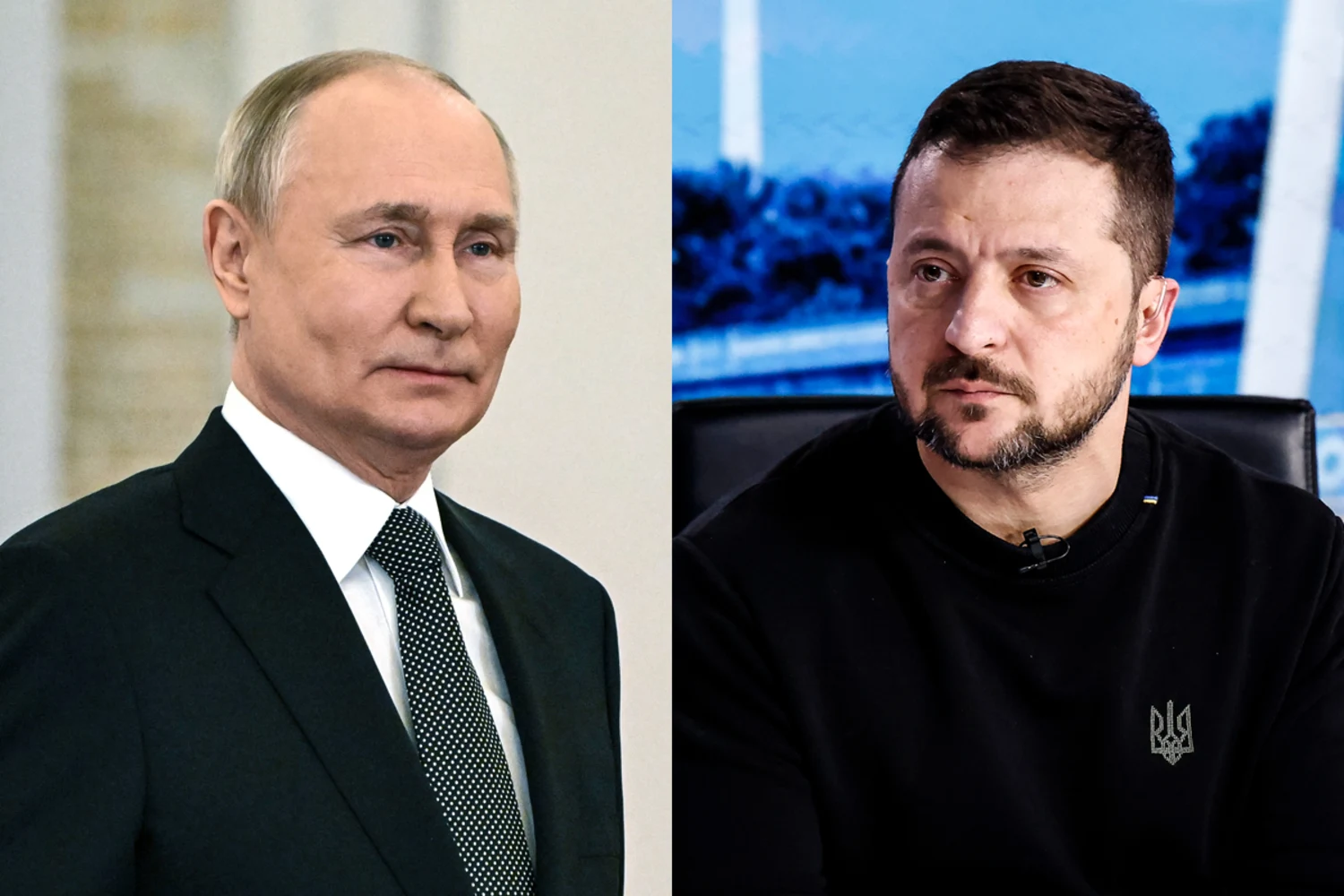Already a subscriber? Make sure to log into your account before viewing this content. You can access your account by hitting the “login” button on the top right corner. Still unable to see the content after signing in? Make sure your card on file is up-to-date.
Russia has officially pushed back on a Ukrainian proposal to hold a presidential summit by the end of August.
Some shit you should know before you read: If you’re unaware, earlier this week Ukraine and Russia held their third round of direct peace talks in Turkey. During the talks, the Ukrainian delegation formally proposed a high-level summit between President Zelenskyy and Russian President Vladimir Putin by the end of August. Ukrainian officials also saidthey were ready to agree to an unconditional ceasefire and let that become the foundation for additional talks to end the war.

What’s going on now: In a notable development, Russian officials shot down the idea of a meeting between President Putin and President Zelenskyy. Kremlin spokesperson Dmitry Peskov dismissed the possibility of a summit by the end of August, saying, “Can such an extremely complex process be completed in 30 days? Clearly, that’s hardly possible.” He noted that the two sides’ draft memoranda remain “diametrically opposed,” highlighting the deep divide between Russia and Ukraine on the terms of a potential settlement. Peskov reiterated that any leader-level summit should mark the conclusion of negotiations, not serve as a venue to rehash unresolved issues, stating, “Meeting for the sake of discussing everything again, from scratch, makes no sense.”
Russia continues to demand that Ukraine adopt a neutral stance with Russia, not pursue joining the EU or NATO, and remove all foreign military presence from its territory (conditions that Ukraine sees as unacceptable). The Kremlin’s draft memorandum also insists on Kyiv’s full withdrawal from four Ukrainian regions (Donetsk, Luhansk, Zaporizhzhia, and Kherson) that Moscow claims as part of its territory, along with international recognition of its 2014 annexation of Crimea.
These terms remain a key block in the talks, even as both sides managed to agree on limited humanitarian measures during the Istanbul meeting, including continued prisoner swaps and the repatriation of fallen soldiers’ remains.
All of this is unfolding under growing pressure from the United States, where President Donald Trump has imposed a 50-day deadline for the two sides to make meaningful progress toward a ceasefire. If that deadline passes without a breakthrough, Trump has vowed to impose secondary sanctions that would target countries helping to finance Russia’s war effort (most notably by purchasing its oil).
The sanctions would likely target major buyers of discounted Russian oil, which remains a crucial revenue stream funding the Kremlin’s military operations in Ukraine. Among the largest purchasers are China, India, and Turkey, which have significantly increased their intake of Russian crude since the onset of the war, taking advantage of prices well below global benchmarks.







